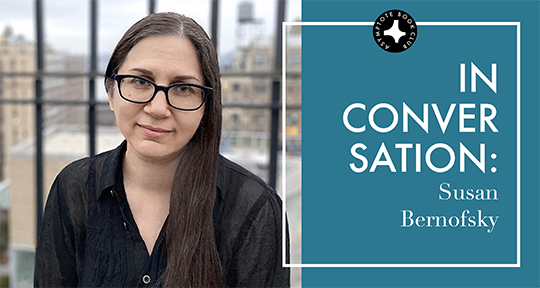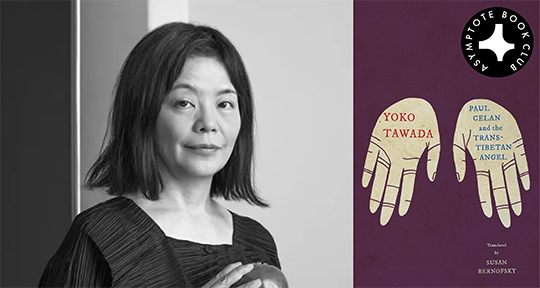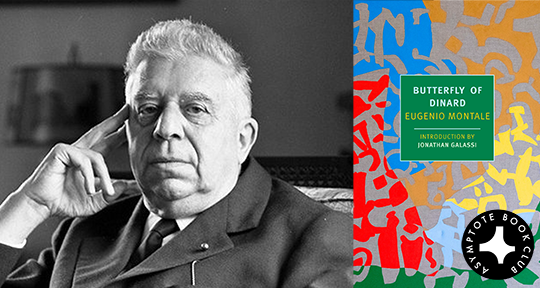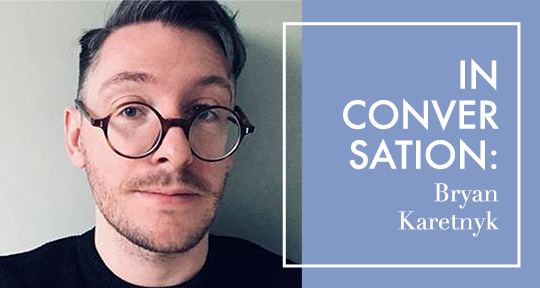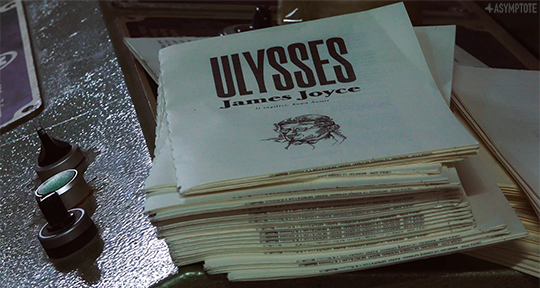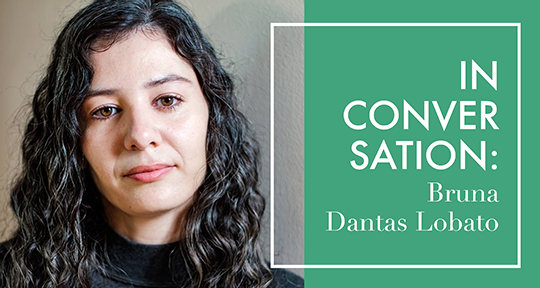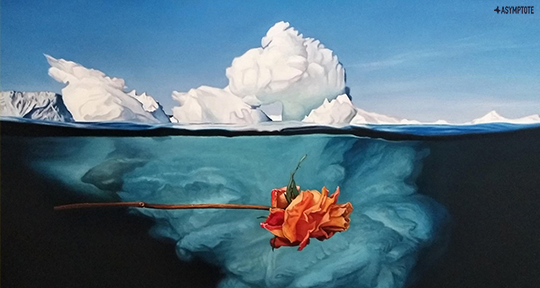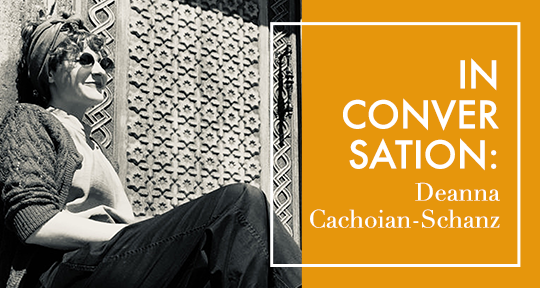Yoko Tawada’s Paul Celan and the Trans-Tibetan Angel is an absorbing, daring novel about collaboration, friendship, and trans-continental interpretations. Originating in the author’s own discourse with the titular German poet, the story tells of the engagement between two Celan readers, unfolding an exploration of literary texts as they traverse oceans and cultures—a phantasmagorical, radical exploration of words and their potential for transformation. Translated with great finesse by Susan Bernofsky, who has worked with the author on many of her German-language works, the novel takes further steps in English to multiply even more fascinating tangents along our globalized era, drawing on the miraculous nature of conversation. In this following interview, we speak with Bernofsky on her process and ideas of multiplicity in authorship, how the translator lives in and writes the worlds of their favorite texts.
The Asymptote Book Club aspires to bring the best in translated fiction every month to readers around the world. You can sign up to receive next month’s selection on our website for as little as USD20 per book; once you’re a member, join our Facebook group for exclusive book club discussions and receive invitations to our members-only Zoom interviews with the author or the translator of each title.
Xiao Yue Shan (XYS): Given how richly textured Tawada’s novel is with literary and cultural references, not only to Celan’s poetry but also to other arenas of knowledge, could you speak a little to the kinds of research that you undertook in preparation for translating this text?
Susan Bernofsky (SB): Yoko Tawada wrote the book during the pandemic, and I also translated it during the pandemic, during the active period of shutdowns in the US. I had a lot of time to look things up, so I sat down and read a whole lot of Paul Celan, because I wanted to be able to spot the words and images that Tawada was taking from his poetry. The novel is also full of opera, and references to literary works by other writers who meant something to Celan. Some of it were things I already knew, because I’ve been translating Tawada since 1992, and I have a sense of who she likes and who’s important to her. Nelly Sachs is in there, and Ingeborg Bachmann and Franz Kafka, the usual suspects and her favorites in the world of German-language literature.
XYS: Were there any specific rabbit holes that you remember going down, or any particular segments that you had trouble with?
SB: I wound up reading a lot about acupuncture, because I wanted to be able to translate the passages that pertained to this subject. Tawada writes in this playful, slanting way, but you can still understand what’s going on. And as I’m translating, I’m trying to also write in a playful, slanting way—but I wanted somebody who understands acupuncture to not think that my descriptions were absurd. It’s a very Celan-ian thing to take scientific language and apply it to literature. Like his great poem, “Engführung,” has a lot of geological terminology, and he uses the words in a way that they sound psychological. I feel like Tawada was also playing with that possibility of taking language from one sphere and applying it to a different sphere. READ MORE…

